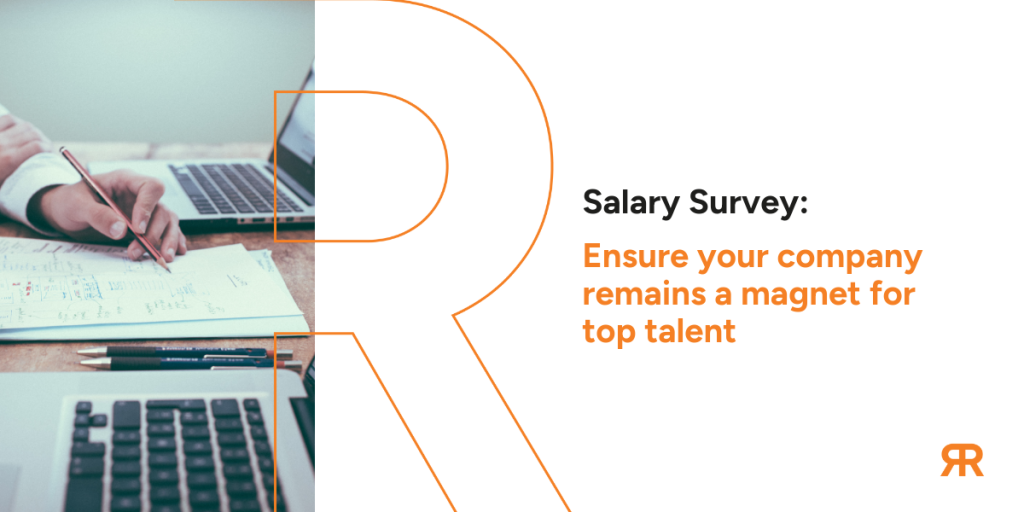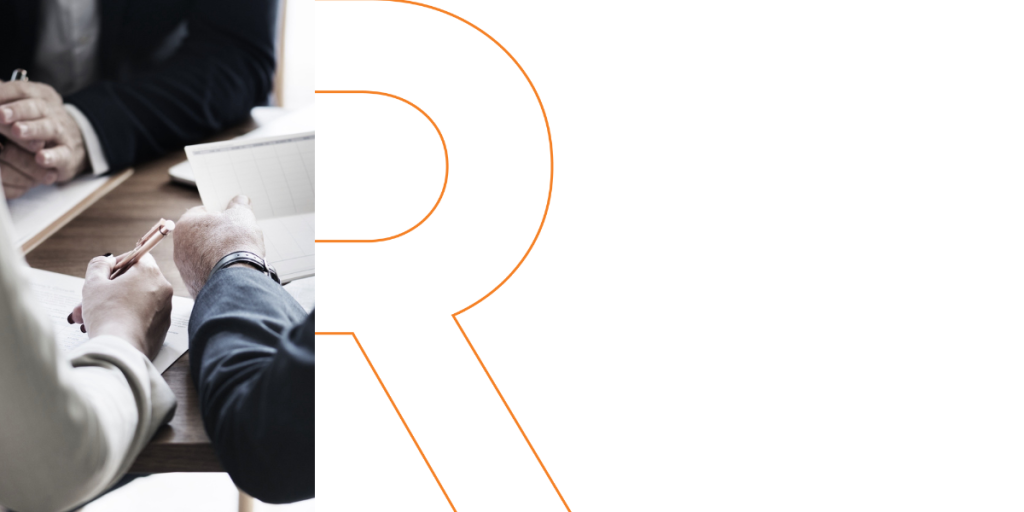
The Pro IQ Interview Series: Employee Engagement during a pandemic
Nadia Marks is VP of People & Culture at leading transport and logistics software company, Yojee. Resourceful…
Nadia Marks is VP of People & Culture at leading transport and logistics software company, Yojee. Resourceful Pro caught up with Nadia to talk about employee engagement during a pandemic and why continuous feedback has proved critical.
RP: Tell me a little bit about you and your background.
NM: I studied psychology and business management here in Brisbane and have around 20 years’ experience working in the people and culture space across high tech, oil and gas, engineering and financial services industries. I’m fortunate to have worked in several countries across Europe and the Asia Pacific region. My focus has always been on business partnerships and enabling companies to innovate.
RP: Yojee is a technology leader that has introduced new ways of working, communicating, and collaborating within the logistics industry. How would you describe what Yojee does?
NM: Yojee (ASX: YOJ) is helping companies overcome their most complex supply-chain challenges through innovative technology. Founded in 2016, Yojee provides a single software platform that plans and manages land transport, giving organisations visibility, accountability and control. We work alongside companies large and small to modernize the way they manage their businesses. Whether creating bespoke solutions for some of the world’s largest 3PL’s (third-party logistics), Freight Forwarders, Global e-Commerce companies or enabling SMEs with their standard product, Yojee has established itself as a key innovator in the Logistics Technology space.
Yojee’s cloud-based solutions have helped our customers automate and orchestrate their logistics operations, providing end-to-end visibility of first, middle and last-mile operations.
We work together with our customers to reduce costs, streamline day-to-day operations and improve the delivery experience for their customers. We have employees all around the world.
RP: The last year or so has been so tricky for companies due to the pandemic. As someone in the HR sector, what has it taught you about employee engagement?
NM: Yes, it has been interesting. Different industries have experienced different impacts because of COVID-19. A key observation is that it is possible and essential to increase employee engagement at a time like this. People feel a sense of unpreparedness and uncertainty in business and personally. Organisations anchor people and provide a place that brings comfort, purpose and routine among the chaos.
Employee engagement is much bigger than showing ‘we are a good place to work’ or a measure linked to the bottom line; it holds a deeper purpose at a social and humanitarian level.
The 2021 Edelman Trust Barometer results show that businesses are the most trusted institution for the second year in a row compared to governments, media, and NGOs. Businesses are the only institution seen as both competent and ethical. Globally, 76% of people said they trust their employer. Those are interesting results during a pandemic. Trust and engagement are at the core of successful corporate culture, which in turn impact company operations and performance. For me, there has never been a better time to leverage trust and proactively support engagement.
The second takeaway for me is that we need to stay close to our workforce, so be really connected with them and create feedback loops to monitor what is and isn’t going well. Be conscious of what communication channels are available to all employees to avoid certain areas of the organisation becoming disconnected. And we must be brave in our approach to feedback, accepting what can be changed along with the positive feedback. That enables people to have a voice and keeps the organisation agile and responsive.
RP: Do you think two-way feedback is more critical now than ever before?
NM: I think feedback has always been critical regardless of the situation. Among the chaos of things, you may look at performance management and wonder whether it’s still relevant. And I think it is. Absolutely. It’s an important connection point between the purpose of the organisation and the day to day work that people might be doing very differently now.
It’s also an opportunity to assess how employees operate with more autonomy and what adjustments are necessary to propel performance. So it is a positive feedback opportunity for organisations to improve the way they do things. We have seen innovation and operational improvements as employees have, through their own discovery, introduced new ways of doing things.
RP: How has Yojee maintained employee focus and productivity with a distributed workforce during a time of immense change?
NM: The question is, how focused is everyone expected to be amid a pandemic? It has been challenging with different countries experiencing different levels of restrictions and case numbers. Everyone’s situation is different and that must be acknowledged and respected. Fatigue is a very real thing after these tumultuous couple of years. Being an agile organisation, Yojee benefits from having established work practices, a well-defined purpose and a clear roadmap that helps employees maintain focus (this also happens to be one of our core values). We found we had to be very good at communicating clearly and often.
The opportunity is certainly there to be as productive, if not more productive. Online collaboration tools have come a long way and use several, including Slack, Confluence, ClickUp and video conferencing through various platforms. Most of us have created spaces and routines to enable us to be productive in multiple locations. We always had quite a dispersed workforce, so that standard practice has made the transition easier.
RP: Looking to the future, do you expect Yojee employees will continue working remotely or will you adopt a hybrid working model?
NM: We talk to our employees a lot, and the general vibe is they don’t want to permanently go full time at home. Hybrid is the ideal work pattern, enabling the best of different environments to channel energy, efficiency and productivity. Same-site collaboration and interaction was a top priority in a recent pulse survey we did.
Productivity is much better at home for certain tasks, whereas being together in a group is better for others. You have to break down the work function and make some decisions based on that and individual preferences.
RP: Have you noticed any feelings from employees about the pressure to be more productive working from home rather than in the office?
NM: From observation, sometimes people put more pressure on themselves than the organisation does. Home and work lives are more blurred than ever and people genuinely want to continue showing their contribution when they are not visible in an office where subtle feedback queues are more prevalent.
We noticed that leave applications reduced significantly during the pandemic (we have an unlimited annual leave policy). People felt there was no point taking time off if they could not travel somewhere or were in lock-down. The default had become to keep working.
In July, we mandated a “Yojee Day Off” for the entire organisation, to say thank you for all the effort and commitment but also to convey the message that breaks are essential, even when at home, to do something to recharge the energy batteries. Monitoring the workforce to check appropriate recovery time is being utilised helps assess policy effectiveness and also support people who may feel pressured to keep working.
We are currently developing an exciting new Wellbeing Policy which leans towards a more individualized approach to supporting individuals.
RP: How did you manage to grow eNPS during COVID-19?
NM: We measure eNPS (Employee Net Promoter Score) and collect qualitative feedback twice a year. We have seen a steady improvement over the last four scores – from just before COVID became “real” for business through to the most recent one in August.
Elements that continue to push eNPS up are a connection to and belief in the company purpose, strong relationships at all levels of the organisation, and autonomy. There is a lot of literature on employee engagement that supports this experience.
Employees connect to a purpose when they can see the relevance of their day-to-day work to the world and a bigger picture for the organisation. The relationships that employees build with co-workers, forging professional networks and the associated culture are critical.
The ability to work autonomously came through strongly when everyone was working from home with its challenges and juggling family commitments. For Yojee, that meant enabling employees to deliver work in a way that made sense to them while still setting an expectation that they perform to the best of their ability.
Professional growth and development was also an emerging theme over the past year. The notion that employees were still growing, developing, and driving their careers despite the pandemic was important and became a strong focus for us.
RP: How frequent should eNPS and engagement surveys be conducted to understand changing dynamics?
NM: Continuous feedback is critical in a crisis. I think what’s vital with these sorts of surveys is to do them frequently, at least twice a year so that you can keep the finger on the pulse. That way organisations can demonstrate any action they are taking and be upfront about things that might take longer or not be within scope.
So choose the things that you can improve, change and manage. Support what you’re already doing well. Keep that going and obtain feedback. It’s a continuous feedback-action-feedback loop.
RP: As a takeaway for people leading organisations at the start of this journey, what are some simple building blocks?
NM: It will vary from company to company but try setting a regular schedule and don’t over-complicate things. A 50-page questionnaire might not always give you what you need. Too much data can become difficult to action. Understand the feedback themes and pinpoint one to three things that you might influence based on the results.
Courage is one of our values. It’s about being brave enough to ask the question in the first place and accepting the communication piece that comes back from the workforce. Your people are best placed to tell you how the organisation can succeed.
I’m a firm believer in creating open communication and a feedback loop, doing it regularly and keeping on changing and growing. Organisations are quite organic. They change as they evolve. We try to keep on top of what’s going on. It is how we continue to move forward and innovate.
Related Blogs
Salary Survey: Ensure your company remains a magnet for top talent
In today’s dynamic business landscape, staying competitive in the job market is essential. It is imperative to ensure that your employees are not only fairly compensated but also that your…
The Pro IQ Interview Series: Critical Minerals Association Australia, Namali Mackay
Our latest feature in the Pro IQ Interview Series is a conversation with one of the Founders and Managing Director of the Critical Minerals Association Australia, Namali Mackay. Here she describes…
Unleashing Potential: The Significance of Assessing Candidates’ Behavioural Competencies
In today’s fiercely competitive job market, executive search consultants face the challenging task of identifying individuals who not only possess the right skills and qualifications but also demonstrate the essential…
Who are your most irreplaceable employees?
Who are your most irreplaceable employees? – the Importance of Organisational Network Analysis In today’s fast-paced business world, retaining key employees is a top priority for organisations. But, while…




